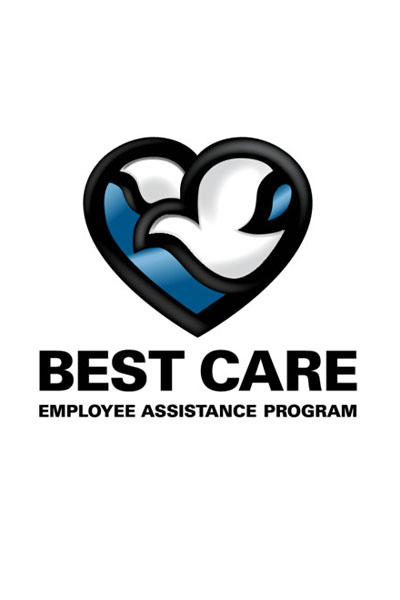Healthy Lifestyle
6 Tips to Prevent and Beat Burnout


As someone who works in the mental health world, I understand the difficult and oftentimes traumatic situations those in the helping profession face. Depending on your line of work, you may be able to say the same.
Over time, this can lead to compassion fatigue and burnout, which can take a toll on your physical and emotional well-being.
That’s why it’s so important to take steps to avoid pushing yourself past your limits.
Recognizing burnout and doing something about it
It’s important to know your personal signs of burnout. When you start experiencing those feelings, approach them proactively. Eventually it will become habit.
Consider practicing the following:
Gratitude, gratitude, gratitude. Allow yourself to regularly feel thankful for your life and the people in it. On your way to work, think of one thing that helped you get out of bed that morning. On the way home, reflect on one positive thing that happened during the day. It can be as small as reminding yourself that your office has coffee readily available.
For crying out loud, take a day off! Your workplace will survive without you if you take some needed time for yourself. Paid time off exists for a reason. If possible, schedule some time off over the next few months, even if it’s just an afternoon. Your kids’ appointments don’t count – do something for you.
Explore a hobby that releases stress. Activities that give you some control in your life can include exercising, collecting, going to garage or estate sales, gardening or some form of organizing or purging. You have to be careful to not let an activity like purging become a compulsion that makes you feel anxious when it doesn’t get done.
Disconnect. That doesn’t mean going off the grid. But you could try removing social media apps from your phone for a month. Have you ever gotten so bored at a stoplight that you grabbed your phone to take a quick look at Facebook? That might be a sign it’s time to unplug.
Connect. Wait, didn’t you just say to disconnect? Yes, but in this case, connecting means interacting with living and breathing human beings. Spend at least a few minutes with someone. This could be as simple as sending a thoughtful text. That seems counterintuitive, given it still involves a form of technology, but hey, if a person crosses your mind, that’s reason enough to reach out.

Taking control
All of these things take planning to ensure follow-through. If you use a calendar, go ahead and start putting things on your schedule. If it’s not planned in advance, then it’s possible you won’t “have time.”
You also can set positive reminders in your calendar to pop up several months from now. A simple message like “You’re doing a great job!” can be achieved with little time or energy but the reward can be tenfold.
Don't be afraid to ask for help. See if your employer has an employee assistance program. Best Care EAP offers counseling, training and a new boot camp called Identifying and Preventing Compassion Fatigue.
It really is time that we all care for ourselves. For people who work in a helping profession, that means practicing what we preach. The reality is that when we suffer, those we care about most suffer, as well. If that pushes you to make changes, that’s OK, too.


